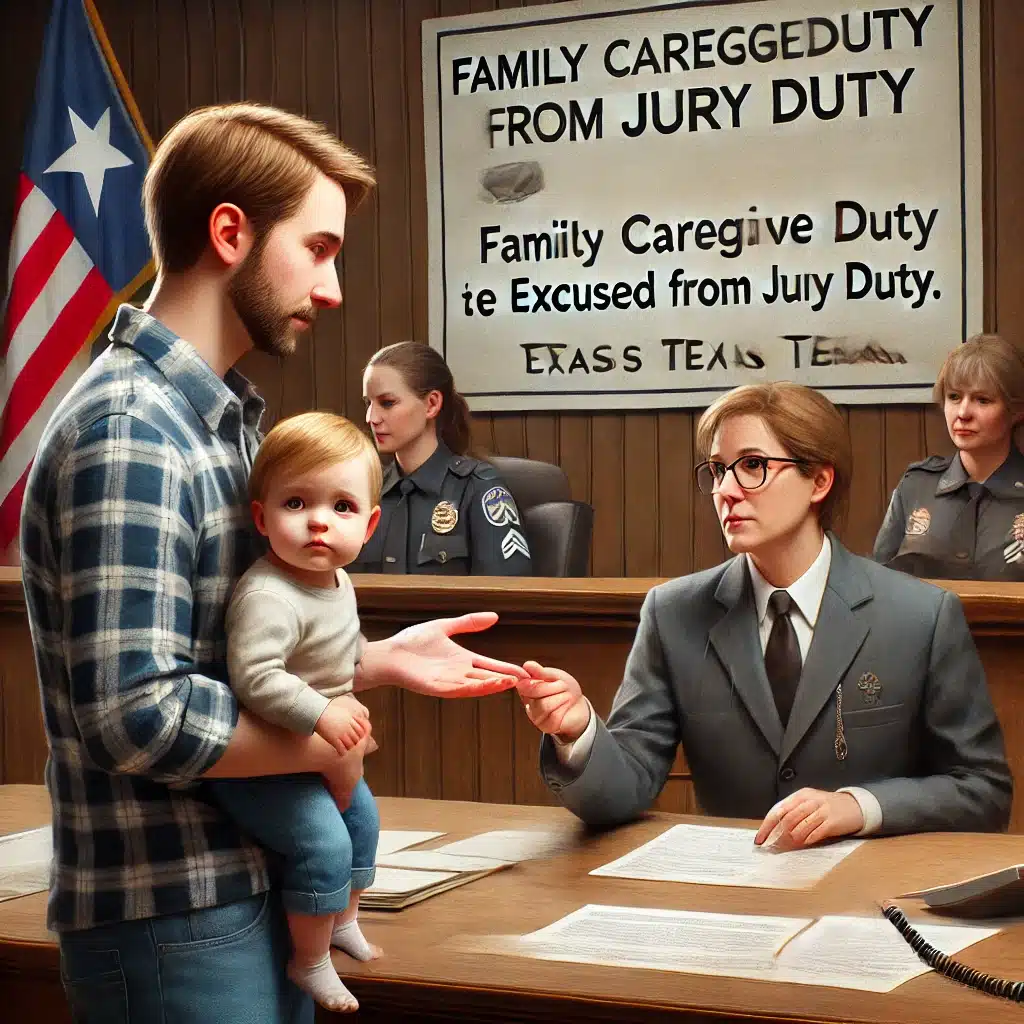Serving on a jury is a fundamental civic duty, allowing citizens to participate in the justice system and ensure fair trials. It’s a weighty responsibility that requires careful consideration and impartiality. While serving on a jury is a privilege, some individuals may wonder if certain familial connections could affect their eligibility. One common question is: can you be a juror if your parents are police officers?
This article will delve into the intricacies of jury duty eligibility, explore the potential implications of having a police officer parent, and emphasize the paramount importance of impartiality in jury selection. We’ll examine the legal framework surrounding jury duty and discuss how potential biases are addressed during the selection process.
Jury Duty Eligibility
Jury duty eligibility is determined by a combination of factors, primarily residency, age, and citizenship. Generally, individuals who are U.S. citizens, at least 18 years old, and residents of the jurisdiction where they are summoned are eligible to serve. However, certain criteria may lead to disqualification.
These disqualifications can include criminal convictions, mental incapacitation, or inability to understand English. It’s important to note that specific eligibility requirements may vary slightly depending on the state or locality.
Police Officer Parent

Having a parent who is a police officer does not automatically disqualify someone from jury duty. The law generally focuses on the individual’s ability to be impartial, not their familial connections.
However, the presence of a police officer parent could potentially raise concerns about potential biases during the jury selection process.
Potential Biases
Potential biases can arise from various sources, including personal experiences, beliefs, and relationships. In the case of someone with a police officer parent, there might be a perception of inherent bias towards law enforcement or the criminal justice system.
This perception could stem from exposure to the profession, shared values, or even unconscious influences. It’s crucial to recognize that these biases, whether conscious or unconscious, can potentially affect a juror’s ability to evaluate evidence objectively.
Addressing Potential Biases
During jury selection, attorneys for both sides have the opportunity to question potential jurors about their backgrounds and experiences. This process, known as voir dire, aims to identify any potential biases that could compromise a fair trial.
Attorneys may ask questions about a potential juror’s familiarity with law enforcement, their opinions on police conduct, or any personal experiences they’ve had with the criminal justice system. The goal is to ensure that the jury is composed of individuals who can set aside any preconceived notions and judge the case solely on the evidence presented.
Impartiality in Jury Selection

Impartiality is the cornerstone of a fair trial. Jurors are expected to be unbiased and make decisions based solely on the evidence presented in court.
The legal system recognizes the importance of impartiality and has established mechanisms to ensure it. Voir dire, as mentioned earlier, is a crucial tool for identifying and addressing potential biases.
Additionally, judges have the authority to dismiss jurors for cause if they believe a juror cannot be impartial.
Importance of Fair Evaluation
The right to a fair trial is a fundamental right guaranteed by the U.S. Constitution. A fair trial requires an impartial jury that can objectively evaluate the evidence and reach a verdict based on the law.
Potential biases, even those that are unconscious, can undermine the fairness of the trial. Therefore, it is essential to address potential biases during jury selection and ensure that jurors are capable of making impartial decisions.
Conclusion
While having a police officer parent does not automatically disqualify someone from jury duty, it’s important to acknowledge the potential for biases. The legal system recognizes the importance of impartiality and employs mechanisms like voir dire to identify and address potential biases during jury selection. Ultimately, the goal is to ensure that every individual has the right to a fair trial by a jury of their peers who can evaluate the evidence objectively and reach a verdict based solely on the facts presented in court.



